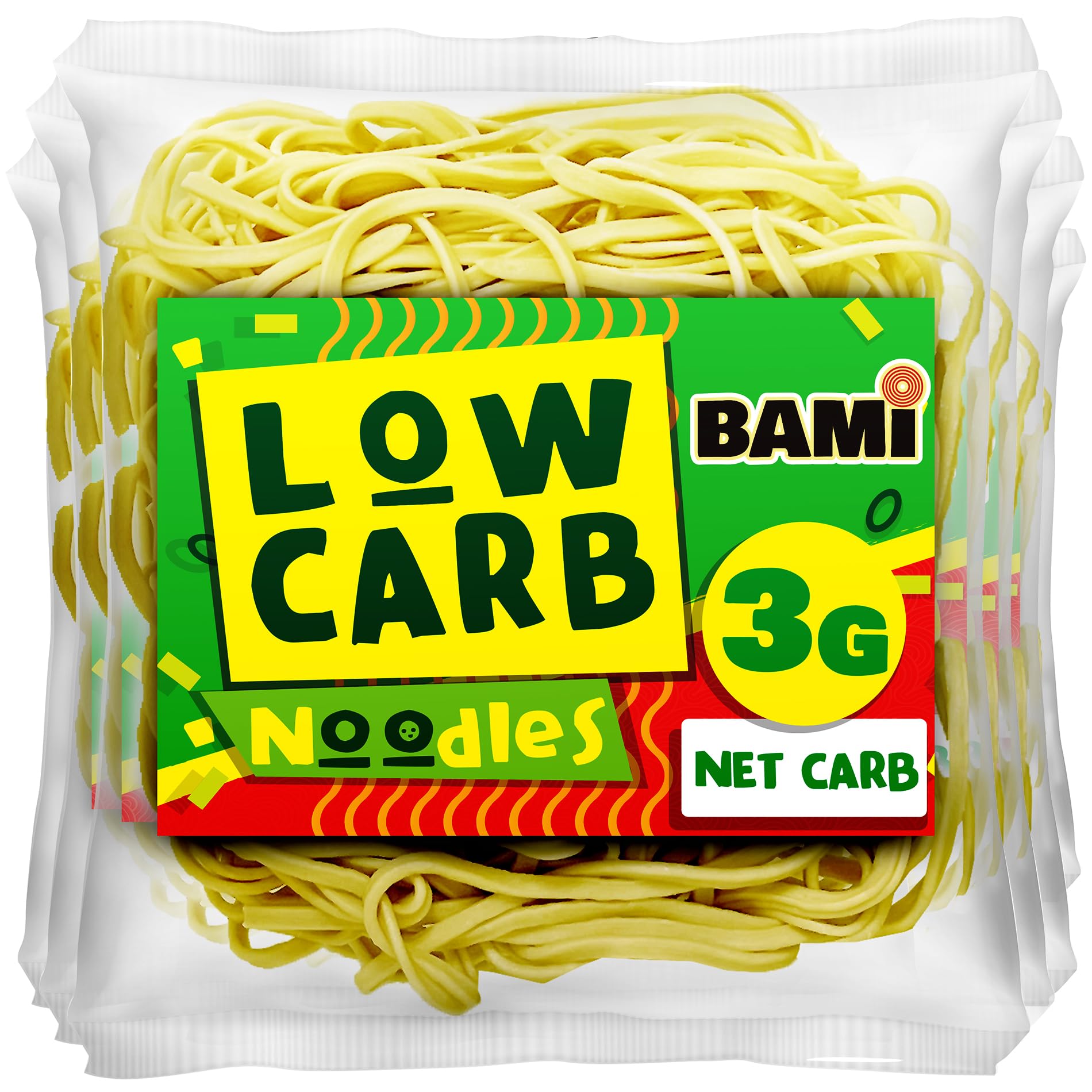Best 5 Keto-Friendly Alternatives to Chickpeas in 2025

Best 5 Keto-Friendly Alternatives to Chickpeas in 2025
The keto diet emphasizes low carbohydrate intake while promoting high-fat and moderate protein consumption. While chickpeas are a popular source of protein and fiber, they are relatively high in carbs, leading many to question their suitability for this dietary approach. In 2025, the exploration of keto-friendly alternatives to chickpeas has expanded, presenting exciting options for those adhering to a ketogenic lifestyle. This article uncovers the five best substitutes while discussing their benefits and how they can seamlessly fit into a keto meal plan.
Understanding the nutritional profile of chickpeas can help illuminate the need for alternatives. While chickpeas provide essential nutrients, their carbohydrate content can be a concern for those aiming to maintain ketosis. Are chickpeas low-carb enough for your diet? Generally, the low carb chickpeas are often deemed too starchy for strict keto diets, leading many to seek keto substitutes for chickpeas that preserve fiber and protein levels without the associated carbs.
Let’s delve into the best five keto-friendly alternatives to chickpeas that are not only low in carbohydrates but also high in nutrition, enabling delicious chickpea keto recipes and snacks that are perfectly aligned with your dietary goals.
1. Lentils: A Protein-Rich Option
Understanding Lentils in a Keto Context
Lentils, while slightly higher in carbohydrates compared to some other legumes, can still be a viable option in moderation. They boast a high protein content alongside essential nutrients. Incorporating lentils in small amounts can contribute to a balanced keto meal plan, making them a nutritional powerhouse for vegetarian keto enthusiasts.
Crafting Keto-Friendly Lentil Dishes
Transforming lentils into keto meals is straightforward. Try a lentil soup or salad with a low-carb dressing. Balance the lentil carb content with healthy fats such as olive oil or avocado. This approach helps manage the overall carbohydrate intake while allowing the benefits of high-fiber lentils to shine through.
Common Misconceptions About Lentils
Many believe lentils should be completely avoided on a keto diet. However, with portion control and strategic meal planning, they can still fit into your diet. Emphasizing their fiber and protein can help clarify their role as a keto-friendly legume.
2. Black Soybeans: The Ultimate Low-Carb Bean
Nutritional Profile of Black Soybeans
Black soybeans are a remarkable alternative to chickpeas and are significantly lower in carbs. With only about 1 gram of net carbs per half-cup, they offer an excellent source of protein without compromising your keto goals. Their high fiber content makes them a great choice for gut health and satiety.
Incorporating Black Soybeans into Your Diet
These beans can be used in various dishes, from black soybean chili to salads and stir-fries. They can even substitute chickpeas in hummus, creating a delicious black soybean hummus that adheres to the keto guidelines.
Exploring Health Benefits of Black Soybeans
Rich in antioxidants, black soybeans also provide heart health benefits, making them an ideal addition to a balanced keto diet. Their nutritional makeup ensures that you’re not sacrificing flavor or health benefits while avoiding higher-carb options.
3. Edamame: A Snackable Powerhouse
Why Edamame Fits in Keto
Edamame, or young soybeans, are another fantastic alternative, being low in carbs and high in protein and fiber. Each half-cup serving contains about 4 grams of net carbs, making them an excellent snack for those on a keto diet.
Creating Delicious Edamame Recipes
Edamame can be enjoyed boiled, seasoned with sea salt, or tossed in a salad with keto-friendly dressings. The potential for creativity is vast, from edamame dips to stir-fried dishes that maintain a low-carb count.
Health Benefits Associated with Edamame
Edamame is not just low in carbs; it's rich in vitamins and minerals. Incorporating this legume into your diet supports overall health and boosts energy levels while meeting ketogenic requirements.
4. Almonds: Crunchy and Versatile
Almonds as a Protein Source
While less conventional as a substitute for chickpeas, almonds provide a protein-rich, low-carb alternative. Their high-fat content aligns perfectly with keto principles, offering a crunchy snack filled with nutrients.
Utilizing Almonds in Keto Recipes
Ground almonds can be turned into flour, suitable for baking low-carb treats and thickening sauces. Almonds can also enhance salads, providing texture and a nutritious boost.
The Nutritional Edge of Almonds
Almonds offer a wide array of health benefits, including heart health improvement and excellent vitamin E content, promoting skin health. The fiber present helps maintain a healthy digestive system.
5. Cauliflower: The Versatile Vegetable
Understanding Cauliflower in Keto Cooking
While not a legume, cauliflower deserves a mention as a versatile, low-carb staple that can mimic many chickpea recipes. It’s extremely low in carbs, making it an ideal substitute in various dishes.
Crafting Keto-Friendly Cauliflower Recipes
From cauliflower hummus to cauliflower-based salads, this vegetable can easily absorb flavors while retaining its nutritional integrity. You can create satisfying meals that don’t compromise your carbohydrate intake.
Cauliflower's Nutritional Profile
Cauliflower is rich in vitamins and antioxidants, making it a staple in the keto community. Its high fiber content helps promote satiety, aiding those looking to maintain a healthy weight on keto.
Q&A Section
Can you eat chickpeas on keto?
While chickpeas aren't typically recommended due to their higher carb content, incorporating small amounts into a well-balanced keto meal plan may be possible for some individuals depending on specific carb limits.
What are the best substitutes for chickpeas?
Some of the best keto-friendly alternatives include black soybeans, lentils in moderation, edamame, almonds, and cauliflower.
How to incorporate legumes into a keto diet?
Opt for lower-carb legumes and control portion sizes. Ensure they complement other keto-friendly ingredients to balance the overall macronutrient profile.
How many carbs can I have on keto?
Most people on a keto diet aim for around 20 to 50 grams of net carbs per day, although this can vary based on individual goals and metabolic responses.
Are there health benefits to legumes on keto?
Legumes can provide essential nutrients, fiber, and protein while supporting digestive health. Choosing lower-carb options can integrate these benefits without derailing ketosis.

